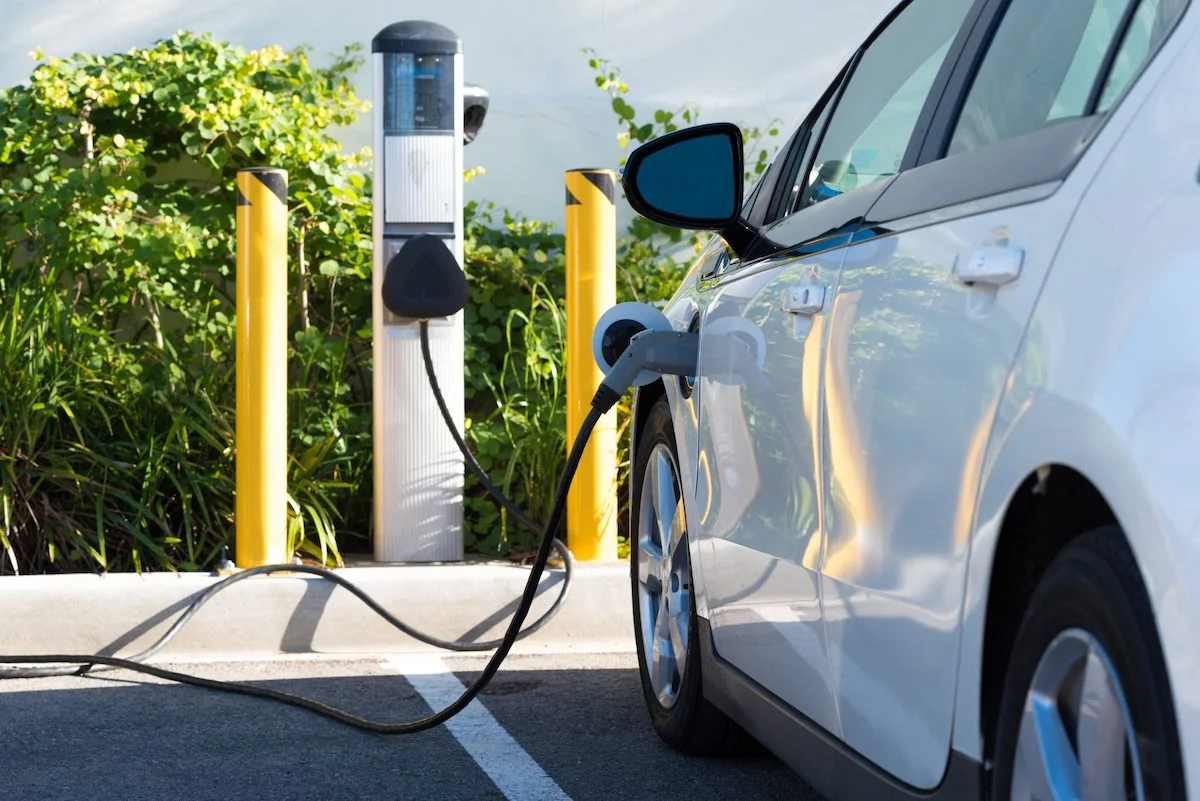Electric cars have transformed the automotive industry and our world in ways we could only dream of a few decades ago. With their incredible efficiency, reduced emissions, and growing popularity, electric cars have left an indelible mark on our planet. In this article, we’ll delve into the remarkable impact of electric cars and explore the question, “How Have Electric Cars Changed The World?”
Introduction
Electric cars, once considered a novelty, are now at the forefront of the automotive revolution. With the urgent need to combat climate change and reduce our dependence on fossil fuels, electric vehicles (EVs) have emerged as a promising solution. They have not only changed the way we drive but have also influenced our world in various ways.
How Have Electric Cars Changed The World: A Green Revolution
Electric cars have brought about a green revolution that extends far beyond the automotive industry. Let’s explore how these vehicles have made a significant impact on our world:
1. Reduced Carbon Footprint
One of the most significant ways electric cars have changed the world is by reducing our carbon footprint. Traditional gasoline-powered vehicles emit harmful greenhouse gases, contributing to global warming and air pollution. Electric cars, on the other hand, produce zero tailpipe emissions. They are powered by electricity, which can be generated from renewable sources, further minimizing their environmental impact.
2. Energy Efficiency
Electric cars are remarkably energy-efficient. They convert a higher percentage of the energy from their power source into vehicle movement, compared to internal combustion engines. This increased efficiency reduces our energy consumption, lessens our reliance on fossil fuels, and ultimately saves money for consumers.
3. Improved Air Quality
Electric cars contribute to improved air quality in cities and urban areas. With fewer emissions, the air we breathe becomes cleaner, reducing health risks associated with pollutants from conventional vehicles. This change directly impacts the health and well-being of urban populations and leads to a higher quality of life.
4. Technological Advancements
The development and widespread adoption of electric cars have accelerated technological advancements in the automotive industry. These vehicles have spurred innovation in battery technology, charging infrastructure, and energy management systems. These advancements not only benefit EVs but also have applications in other sectors, such as renewable energy storage.
5. Job Creation
The growing electric car industry has created jobs across the globe. From manufacturing electric vehicles to building charging stations and developing new technologies, the electric car revolution has had a positive impact on the job market. This sector’s expansion has opened up new opportunities and supported economic growth.
6. Reduced Dependence on Oil
Electric cars have significantly reduced our dependence on oil for transportation. This reduced reliance on fossil fuels enhances energy security and reduces the impact of oil price fluctuations on the global economy. It also reduces the geopolitical tensions often associated with oil-rich regions.
Read too:
7. Lower Operating Costs
While electric cars may have a higher upfront cost, they offer lower operating costs compared to traditional vehicles. Electricity is cheaper than gasoline, and electric cars require less maintenance due to fewer moving parts. Over time, these cost savings make EVs a more economical choice for consumers.
8. Noise Pollution Reduction
Electric cars are quieter than their gasoline counterparts, reducing noise pollution in urban areas. This has a positive impact on the quality of life for residents and contributes to a more peaceful and enjoyable urban environment.
Conclusion
In conclusion, electric cars have changed the world in numerous positive ways. They have led a green revolution by reducing our carbon footprint, improving energy efficiency, and enhancing air quality. The technological advancements in the electric car industry have far-reaching implications, and the growth of this sector has created jobs and reduced our dependence on oil. Lower operating costs, noise pollution reduction, and improved urban living conditions further demonstrate the significant impact of electric cars on our world.
Electric cars have become a symbol of progress, innovation, and environmental responsibility. As we continue to embrace this green revolution on wheels, we can look forward to an even more sustainable and eco-friendly future.

